19 January 2022
Researching ways to fight cancer is not a job for the faint-hearted. Raised in Cuba, Dr Patricia Rubio-Reyes has tackled her fair share of hurdles in life and approaches cancer research with the same tenacity.

Dr Patricia Rubio-Reyes
A Postdoctoral Fellow at the Malaghan Institute, Patricia is researching mechanisms to improve CAR T-cell therapy, a type of immunotherapy that guides the body’s immune cells to target cancer cells.
“Currently, CAR T-cells have mostly been proven most effective against blood cancers which circulate around the body. This is because CAR T-cells are injected into a patient’s blood stream and circulate until they encounter the cancer cells,” says Patricia.
However, CAR T-cell therapy has not been as successful with types of cancers that form solid tumours. The rapidly multiplying cells clump together to produce a mass with conditions that are distinct from the rest of the body, called the tumour microenvironment. This presents a series of challenges.
Patricia is working to improve CAR T-cell technology to treat solid tumours. The first challenge for CAR T-cells targeting a solid tumour is penetrating this dense fortress of deformed cells.
“Once inside, the CAR T-cell is presented with hostile, crowded, nutrient-poor conditions that only cancer cells are adapted to survive in,” says Patricia.
Due to these dire conditions, cancer cells that reside in the tumour microenvironment adapt by accumulating mutations.
“What results are cancer cells with different proteins present on the surface. This means it’s difficult to guide the CAR T-cells to identify cancer cells because they’re all different.”
The CAR T-cells rarely survive the tumour microenvironment and if they do, the cancer cells become a confusing foe with a thousand different faces.
Patricia is currently investigating a novel strategy to target drugs to the tumour microenvironment to help CAR T-cells penetrate and kill solid tumours.
“I would say working on CAR T-cell therapy is my dream job. When I first heard about it, I hadn’t been that excited about something in a very long time,” says Patricia.
Patricia has wanted to be a molecular biologist since she was a child. Growing up in Cuba, she underwent rigorous schooling from an early age.
“Despite the limited resources, the education system is very intense in Cuba. You specialise into a specific field in biology in high school and then enter university which takes five years.”
Patricia says science was one of the only areas where she was free to explore her curiosity without facing the limitations that come with living under an authoritarian regime. Yearning for better prospects, she attended a local lecture given by Professor Bernd Rehm, a scientist working at Massey University in New Zealand.
“I thought this is my opportunity to improve my life and explore what the world has to offer. I wanted to do something that I was passionate about. With the help of my cousin, I emailed Professor Rehm and everything fell into place from there.”
Patricia ended up doing her PhD in Microbiology and Genetics at Massey University before moving to Wellington to work at the Malaghan Institute.
“In my eyes Wellington is the ideal city. It’s vibrant and full of life. For the first time since I came to New Zealand, I have a place I can dance salsa,” says Patricia.
Filled with passion for her research and determination to reach her goals, she hopes that her work will provide more options for people suffering from cancer.
“Coming from Cuba where we don't have many resources, I always feel that I'm going to find a way for my experiments to work. I will produce something that is useful and hopefully contribute to helping people in the future.”
Related articles
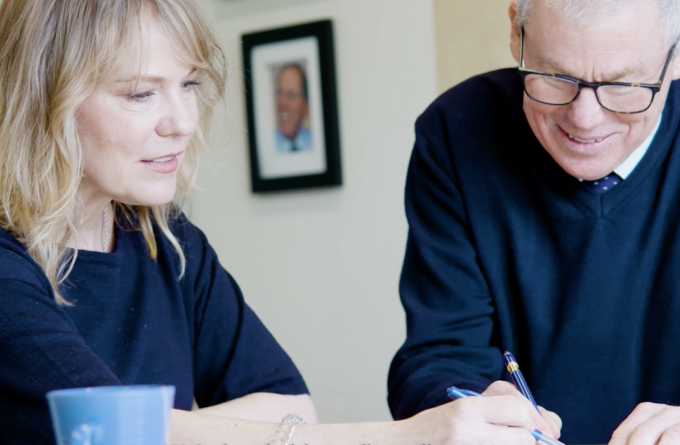
Kjesten Wiig: bringing life-changing treatments to life
27 February 2025
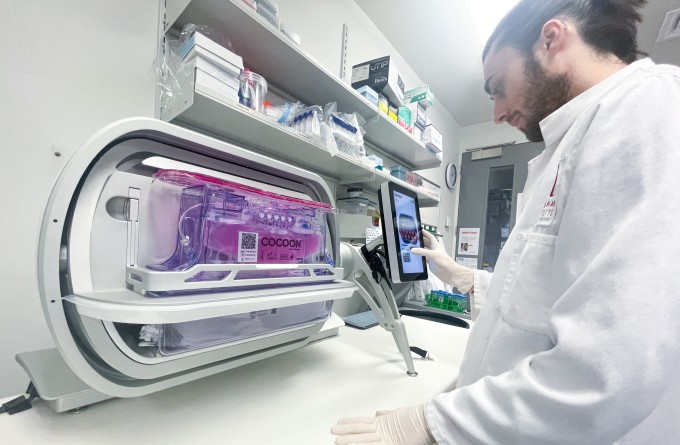
Malaghan CAR T-cell cancer therapy trial expands to Christchurch and Auckland
24 February 2025
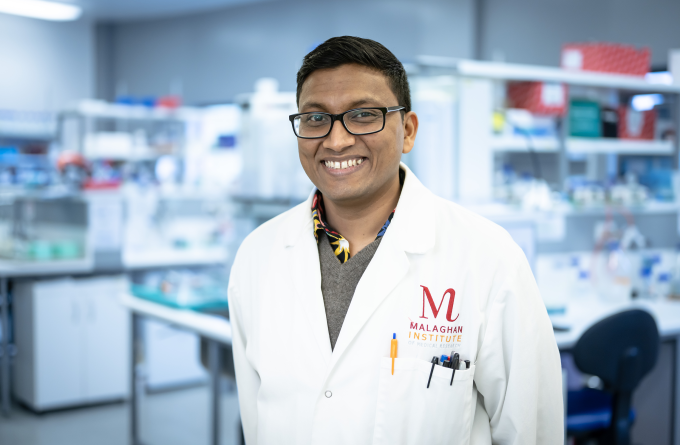
Cancer Research Trust grant to improve CAR T-cell therapy
12 February 2025
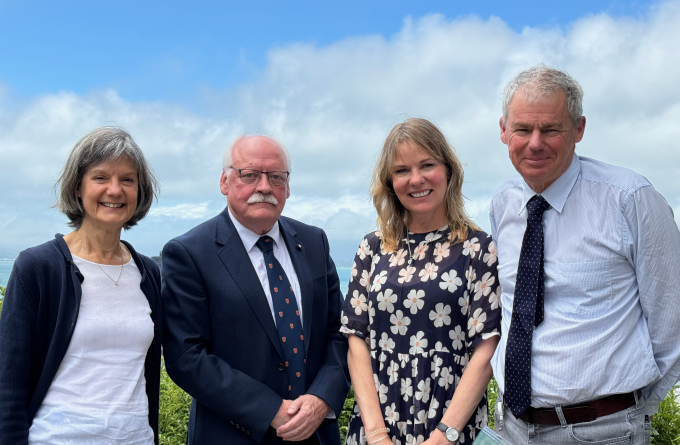
World-renowned cancer pathologist joins the Malaghan Institute as Distinguished Research Fellow
19 December 2024
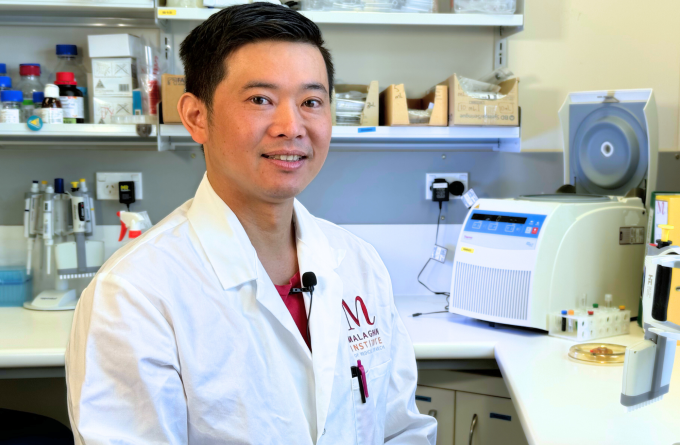
Fighting allergic skin disease at its root
17 December 2024
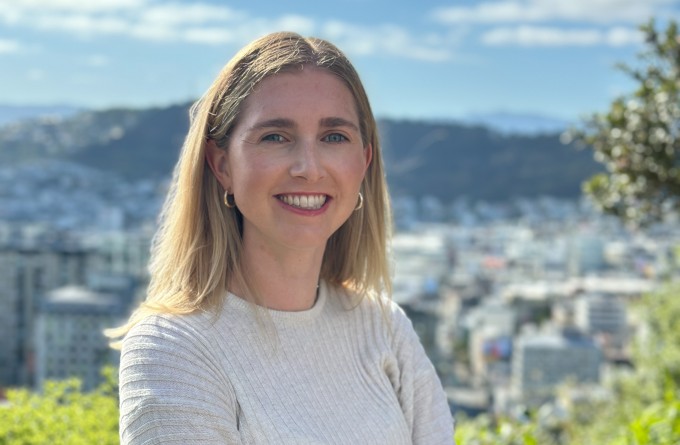
New Zealand to New York and back again: Malaghan researcher tackling liver cancer
18 November 2024
